introduction
Fixed deposits, also known as term deposits or time deposits, are a popular investment option offered by banks and financial institutions. Fixed deposits offer individuals the chance to earn a predetermined interest rate over a specified maturity period.
They are widely regarded as a secure investment option due to their guaranteed returns and protection of the principal amount invested.
Early withdrawals refer to the premature withdrawal of funds from a fixed deposit before the completion of its designated maturity period. While it may seem tempting to access the funds earlier, it is crucial to understand the pros, cons, and penalties associated with such withdrawals.
Making an informed decision regarding early withdrawals can help individuals manage their finances effectively and avoid potential financial setbacks.
Ready to take control of your financial future? Sign up with Koshex today and explore the possibilities.
Pros of Early Withdrawal
Premature withdrawal is one of the features that make FDs a popular choice among investors. Along with fixed returns, FDs also offer liquidity. But, it comes at a cost in the form of premature withdrawal charges.
Although these fees are minimal, it is important to consider them and the impact of the withdrawal on the overall interest earnings. If you have remained invested for the majority of the tenure, you can still profit from your investment while gaining instant access to funds.
Here are the main pros of withdrawing your fixed deposits before maturity:
Emergency Financial Needs
Early withdrawals from fixed deposits can serve as a lifeline during unexpected financial emergencies. In circumstances like medical expenses, home repairs, or sudden job loss, having the flexibility to access funds from a fixed deposit can provide the necessary financial support when it is needed the most.
Instead of worrying about how to cover urgent expenses, individuals can rely on the funds obtained through early withdrawals to address these pressing needs promptly.
Investment Opportunities
Another advantage of early withdrawals from fixed deposits is the ability to seize attractive investment opportunities that may arise. The financial landscape is ever-changing, and promising investment prospects may present themselves.
By withdrawing funds from a fixed deposit, individuals can redirect their money towards these opportunities, potentially earning higher returns or diversifying their investment portfolio. Whether it’s investing in stocks, real estate, or starting a new business venture, the availability of funds from a fixed deposit allows individuals to capitalize on these opportunities and potentially reap greater rewards in the long run.
Cons of Early Withdrawal
It is important to understand the penalty charges imposed by the bank or financial institution when making an early withdrawal from a fixed deposit. Assess the potential financial implications and calculate the impact of reduced interest earnings on your overall returns.
By considering these factors, you can make an informed decision:
Reduced Interest Earnings
Fixed deposits provide steady and predictable returns over a fixed period. When funds get withdrawn before the maturity date, financial institutions often apply lower interest rates, which can impact the overall returns.
The longer the money remains in the fixed deposit, the higher the interest it can accrue. By withdrawing early, individuals may miss out on the full potential of their initial investment and the additional interest that would have accumulated over the remaining term.
Disrupted Financial Goals
Early withdrawals can disrupt long-term financial planning and necessitate the need to readjust goals. Fixed deposits are often utilized as a tool for achieving specific financial objectives, such as saving for a down payment on a home, funding higher education, or preparing for retirement.
Premature withdrawals may hinder progress towards these goals, as the funds intended for these purposes may no longer be available in the desired timeframe. Individuals may be forced to reassess their plans, make compromises, or seek alternative means to bridge the financial gap created by the early withdrawal.
Penalty Charges
Banks and financial institutions impose penalty charges for early withdrawals from fixed deposits. These penalties discourage individuals from withdrawing their funds before the maturity date. The specific penalty charges can vary depending on the terms and conditions set by the institution and the duration remaining until maturity.
The penalty is deducted from the interest earned or even from the principal amount, resulting in a reduced payout upon withdrawal. It is essential to carefully review the terms of the fixed deposit agreement to understand the penalty charges associated with early withdrawals.
Also read: Fixed Deposit How To Avoid Penalty on Premature Withdrawal Of Fixed Deposit
Impact on Interest Rates
Premature withdrawals impact the interest rates applied to the fixed deposit. Financial institutions may revise the interest rate applicable to the withdrawn amount, often offering a lower rate when compared to the originally agreed-upon rate. This adjustment aims to compensate the institution for the inconvenience caused by the early withdrawal.
As a result, the overall interest earnings on the fixed deposit may get reduced. It is crucial to know the potential impact on interest rates and carefully consider whether the revised rates align with your financial goals and expectations.
Factors to Consider While Making an Early Withdrawal
By carefully weighing the withdrawal policies of financial institutions and exploring alternative options, you can make an informed decision about whether to proceed with an early withdrawal from your fixed deposit.
Withdrawal Policies
It’s crucial to understand the withdrawal policies of different financial institutions before considering an early withdrawal from your fixed deposit.
Each institution may have its own set of rules and requirements. These can include notice periods, which specify how much advance notice you need to provide before making a withdrawal, and minimum withdrawal amounts, which determine the minimum sum you can withdraw at any given time.
Some institutions may also have restrictions on partial withdrawals, allowing only full withdrawals. By familiarizing yourself with these policies, you can assess the flexibility and convenience of accessing your funds when needed.
Evaluating Alternatives
Before opting for an early withdrawal, it’s worth exploring alternative options to meet your financial needs. One such option is taking a loan against your fixed deposit. Many banks offer this facility, allowing you to borrow money while using your fixed deposit as collateral.
This way, you can access the funds you require without liquidating the deposit, thereby avoiding penalty charges and preserving your interest earnings.
Conclusion
Early withdrawals from fixed deposits can provide individuals with the necessary funds during financial emergencies and open doors to attractive investment opportunities. However, it is important to carefully consider the potential drawbacks, such as reduced interest earnings, disrupted financial goals, penalty charges, and the impact on interest rates.
To navigate early withdrawals effectively, individuals should familiarize themselves with the withdrawal policies of financial institutions, including notice periods and minimum withdrawal amounts. Exploring alternative options, such as taking a loan against the fixed deposit, can also help mitigate the negative consequences of premature withdrawals. Sign up with Koshex and find out smarter ways to invest and grow your wealth.
Frequently Asked Questions (FAQs)
Q1. Are there any exceptions where early withdrawal penalties may be waived?
Ans. Some financial institutions may offer exceptions to the penalty charges in specific situations, such as medical emergencies or extreme financial hardships.
Q2. How can I minimize the need for early withdrawals from fixed deposits?
Ans. To minimize the need for early withdrawals, it is essential to plan and budget effectively. Creating an emergency fund and regularly reviewing your financial situation can help you prepare for unexpected expenses.

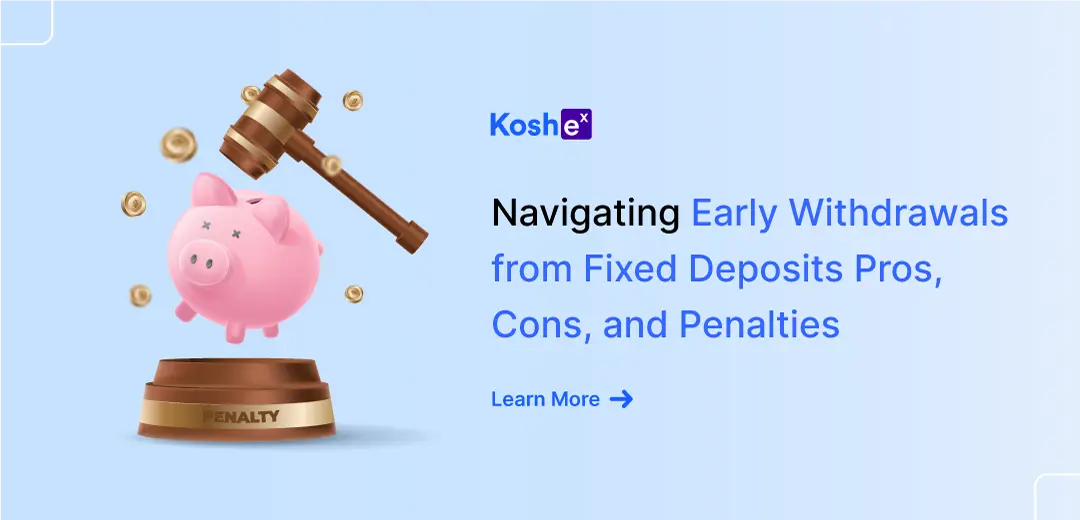
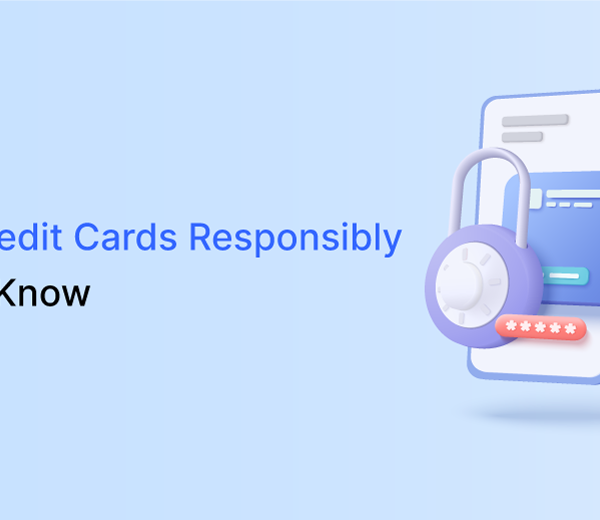
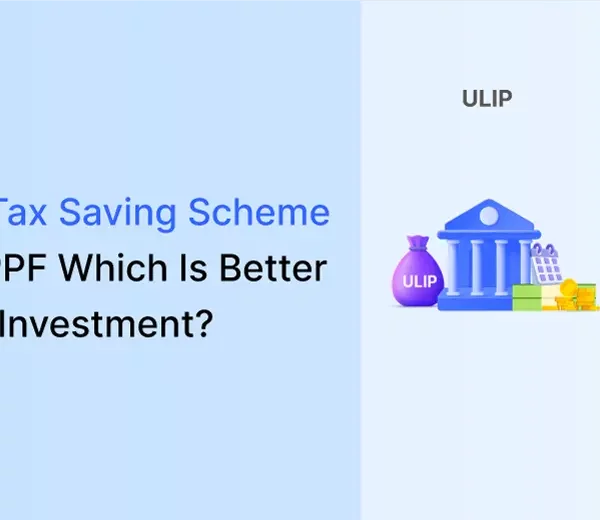
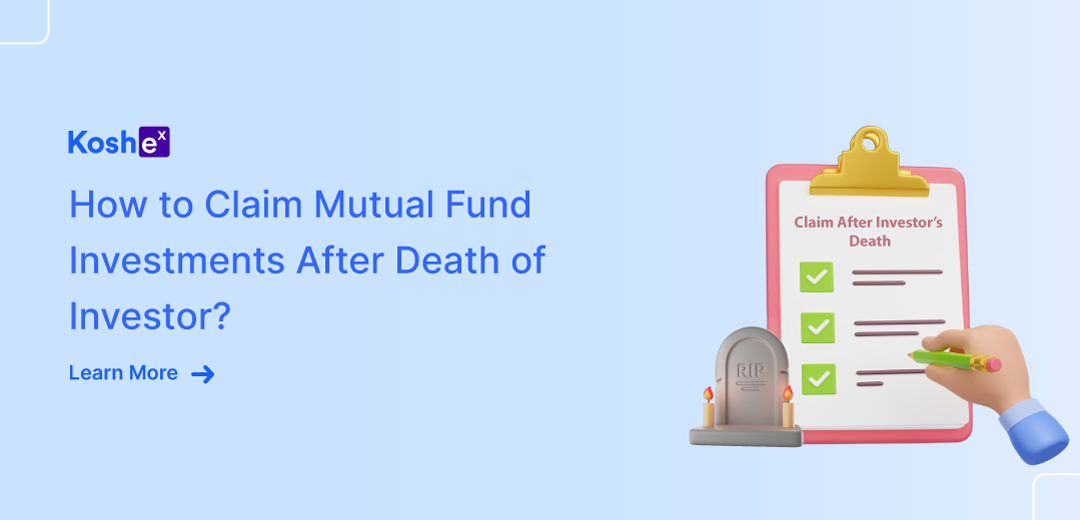
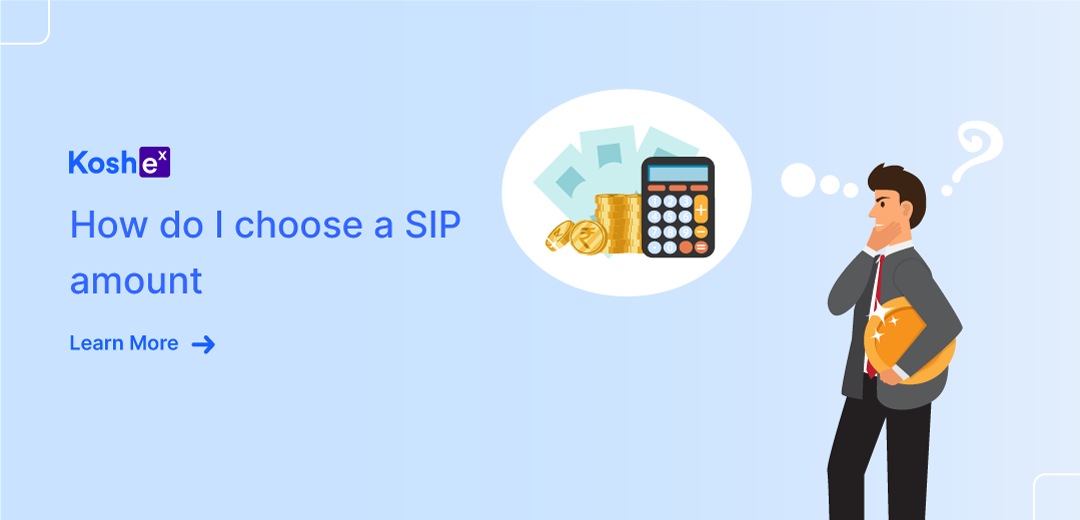



Leave a Comment